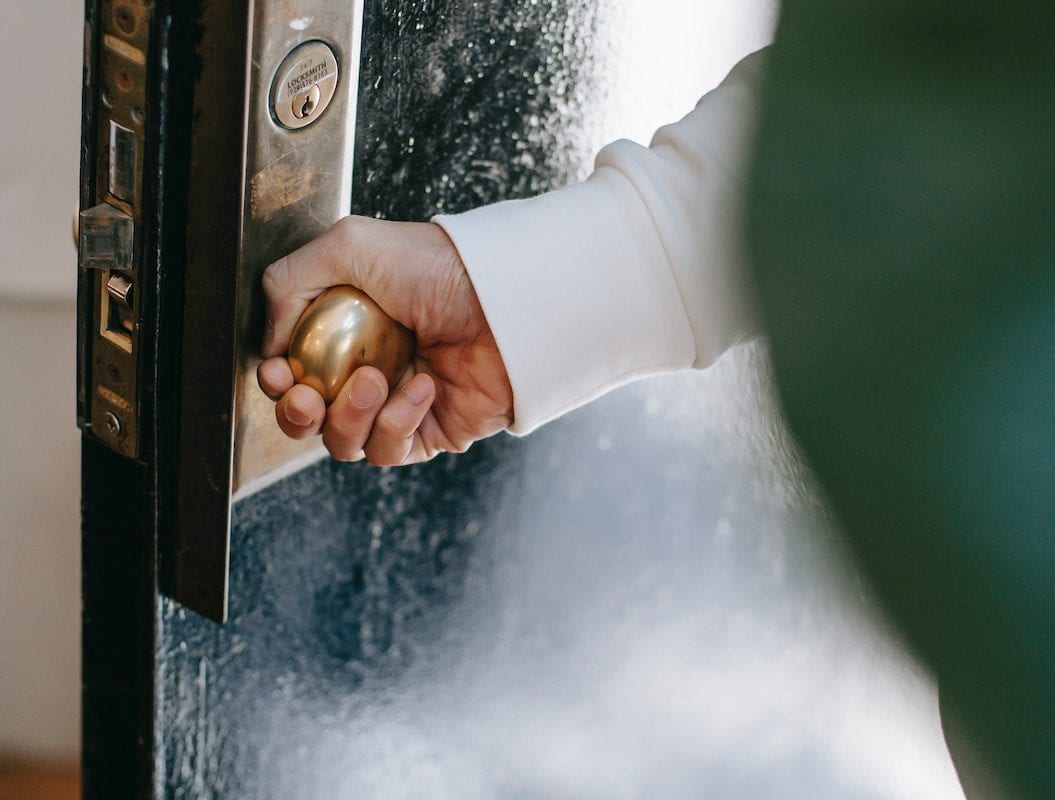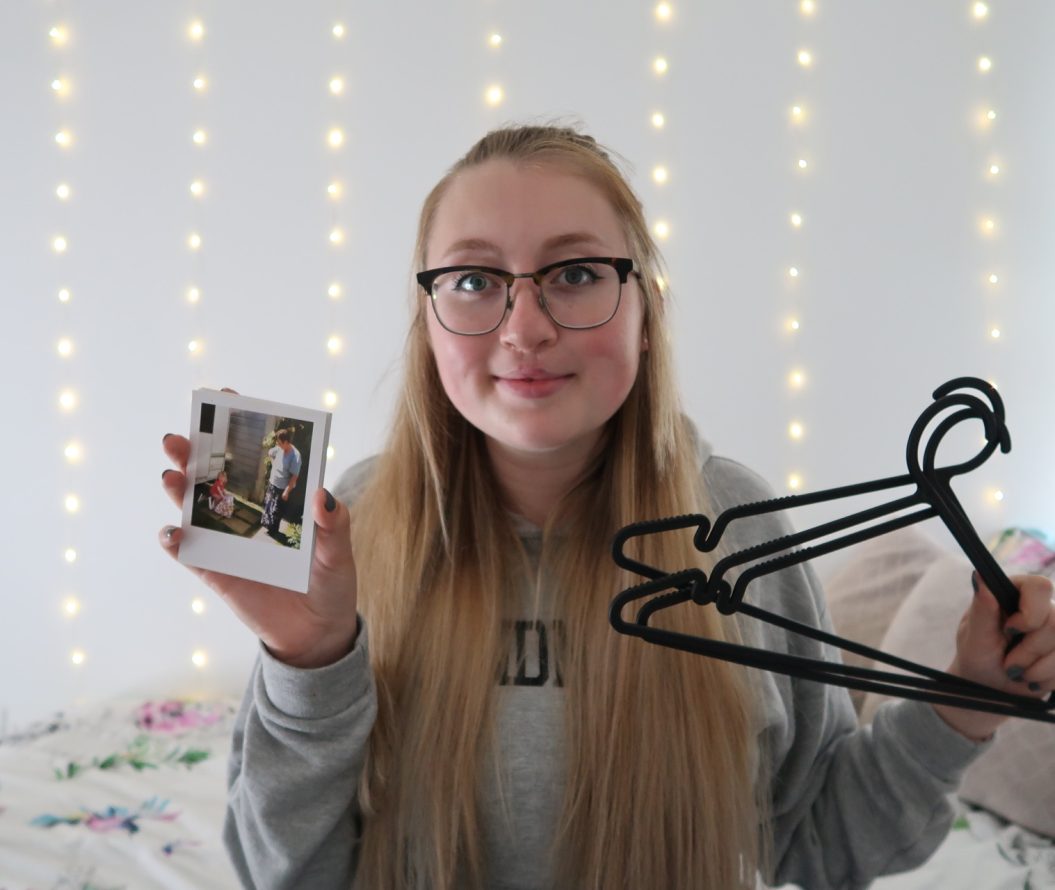I'm a 3rd year Politics and International Relations student from Birmingham. I love training in Brazilian Jiu-Jitsu, running, and flying in a glider near Stratford-Upon-Avon, in Warwickshire. At university I have been learning Arabic outside of class and have an…

Student housing tips for moving out of halls
November 30, 2018,
read.
This article is more than 3 years old
In my experience, house hunting can be a fun experience and when you finally find the right one it can give you a great sense of achievement.
Where you live whilst at university is really important. Having a comfortable and happy home to come back to after your lectures is a fantastic feeling and something that can help make your time at university really enjoyable. Hopefully this blog will help you find your feet in the student housing market and give you tips on the dos and don’ts of finding a house after you decide to leave halls.
Where to look
When looking for a house to live in next year it is worth checking out all your possible avenues into the market. The Advice Service have a lot of advice on their website, similarly with the SU Advice Centre, if you would rather speak to someone in person you can go to their drop-in sessions on campus.
It is also a good idea to talk to someone who has already gone through the student housing process or who knows what to look for when house-hunting. This could be anyone: an ex-student, your parents or even your personal tutor.
Who to live with
Make sure you look for a house with people you get on with, especially for long periods of time. There is a tendency to go with friends, but make sure that you can handle how much mess, noise and drama they make during the year.
In my opinion, when you are living in halls there is a lot less time spent in the communal areas like the kitchen, but this all changed when I moved into a private, terraced house, in the West End of Lincoln. I have found that the shared, communal areas of a smaller, more intimate house, like the bathrooms and lounge can often cause tension when questions arise as to whose turn it is to tidy or vacuum.
The moral of the story here is to make sure you move into a house with people you feel comfortable with to a level that you can negotiate issues without falling into arguments.
How to communicate with your landlord
When viewing your potential house make sure you ask questions of both the landlord and the current tenants if they are around. It’s totally fine to point out when something doesn’t look right, especially things like fire safety and smoke alarms. Ask about the walk to University, parking spaces (if you have a car), whether the neighbours are nice or where the nearest corner shop is.
Remember that your landlord is human too, they are not evil and they want you to have a good experience in their house! If you have an issue with your new home (even just a faulty light bulb) email your landlord or agency and let them know where and what is broken. Remember the sooner you tell them, the sooner the problem can be fixed. However, this relationship works both ways; don’t make major changes to the house without permission. Whilst some landlords may be happy with you using Blu Tack on the walls, others will give you an alternative, but it’s always better to ask before you act. It only takes a quick email to keep both sides happy.




